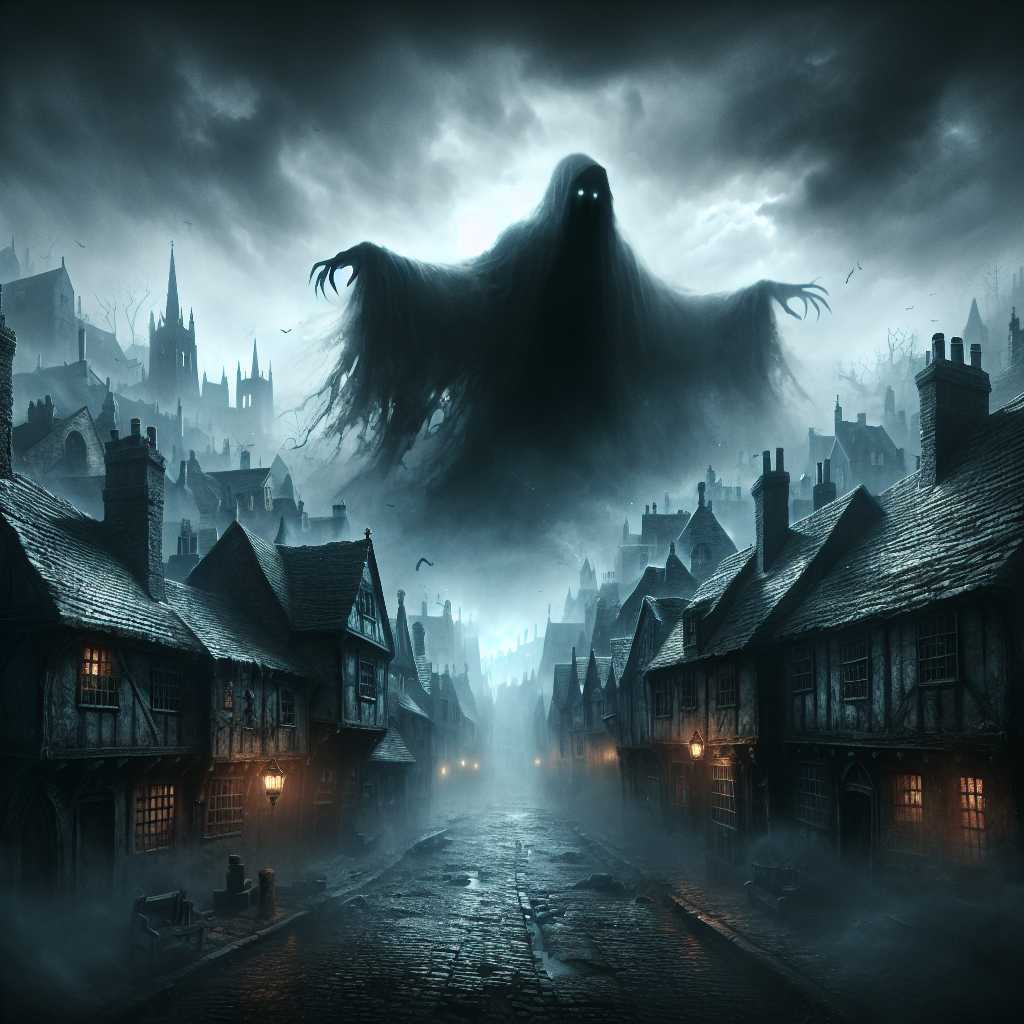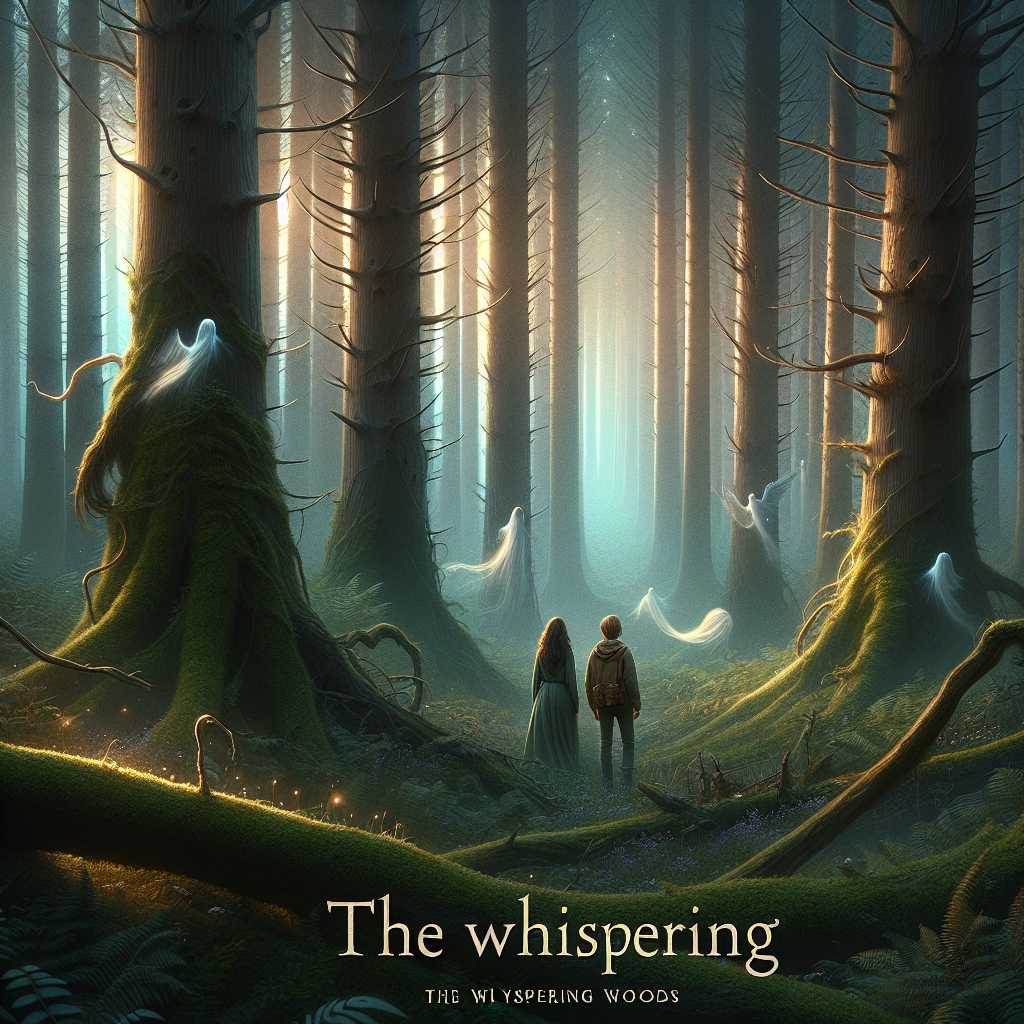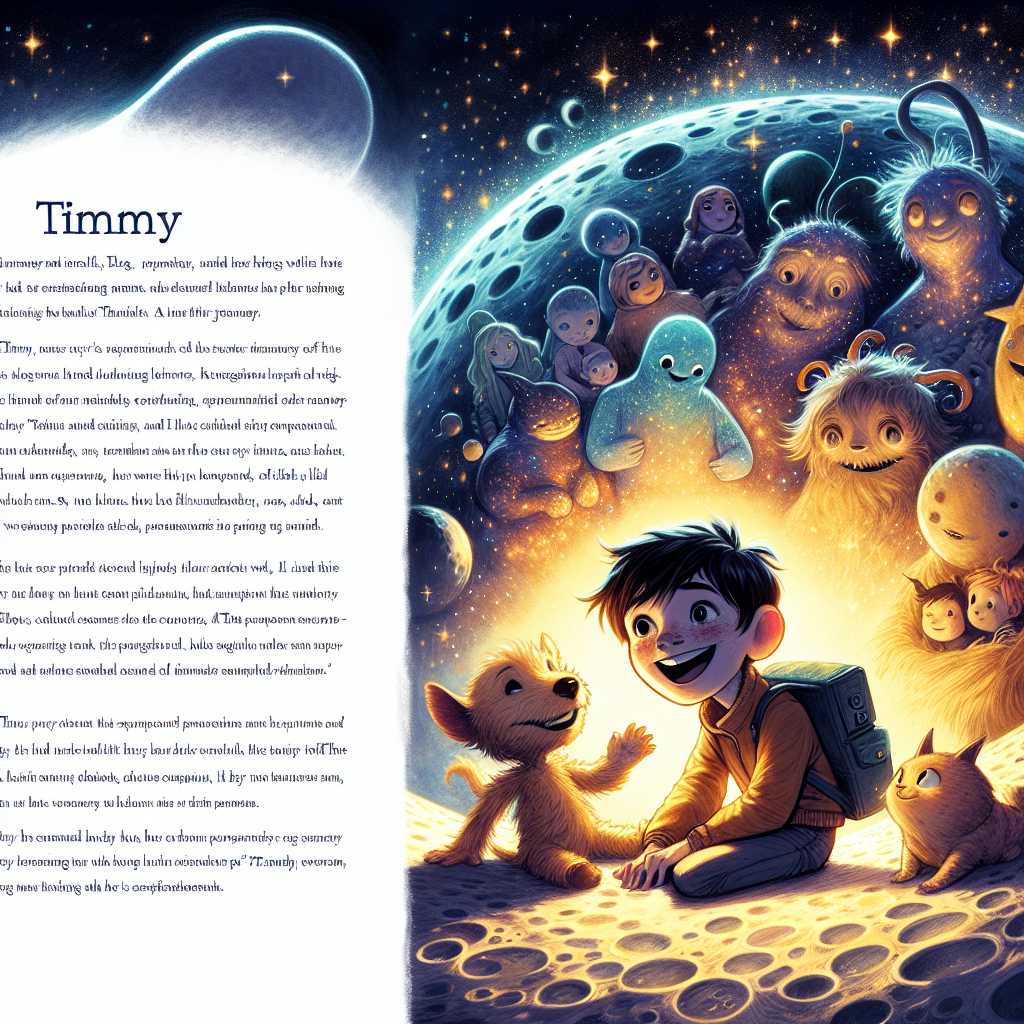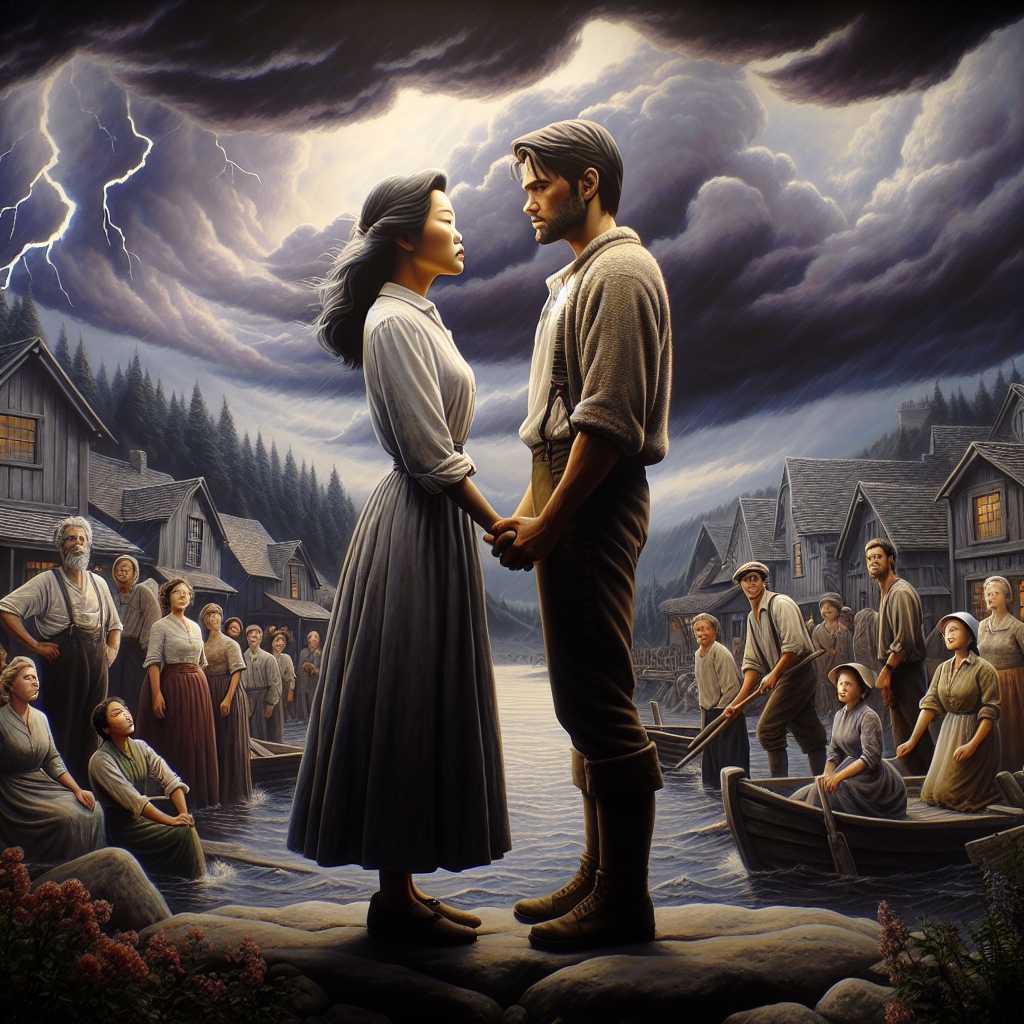
On a night where moonlight danced cold and pale on the wet cobblestones, the mist seemed to wrap itself around the city like a ghostly shroud. It was in this inky veil that the residents of Hollowbrook first whispered of the illusive figure they would come to know as the Phantom of Midnight Alley.
Constable Arthur Briggs had seen it all in his twenty years on the force. Yet, the unsolved string of burglaries and unexplained crimes baffled even his seasoned instincts. It was as though the devil himself had emerged from the mist to mock the vigilance of Hollowbrook's lawmen.
"Arthur, it's like he's a shadow. In and out, no trace left behind," grumbled Sergeant Henry Thorne as he stood by the constabulary's hearth, nursing a cup of lukewarm tea.
Briggs nodded, his brow furrowed with mounting frustration. "And those disappearances," he muttered. "People just *vanishing* without a sound. It's enough to drive a man mad."
The town itself had changed since the onset of these eerie occurrences. Stout locks and heavy shutters became commonplace, and the bustling evening markets turned into ghost towns by twilight. Fear hung over Hollowbrook like a sinister fog, creeping into every corner of the townsfolk's lives.
One fateful night, a disembodied scream pierced the air. Briggs and Thorne, ever-vigilant, sprang from their posts and dashed into the labyrinthine alleys. The sound had come from Covent Lane, a narrow cut-through notorious for its thick shadows and treacherous cobblestones. Arriving breathless, they found the unmistakable signs of a struggle: a man's hat, coat torn, and fresh blood pooled on the ground. But of the victim or the assailant, there was no trace.
"It's him again," Thorne spat, eyes scanning the darkened alley.
They fanned out, lanterns casting shifting pools of light on the stone walls, but the search proved futile. "Like a shadow," Briggs murmured, his words echoing Thorne's earlier sentiment. They returned to their station with heavy hearts, knowing well that the trail had gone cold once more.
Days turned to weeks, and the terror-stricken town continued to whisper of the Phantom. Motherly warnings were issued to children, and pubs brimmed with wild speculations, each more fantastical than the last. Through it all, Briggs' determination smoldered like an unextinguished ember.
Laura Mayfield, a widowed librarian of delicate features and steely resolve, became an unintended player in this deadly game. She had been burning the midnight oil in pursuit of ancient volumes when she heard a noise—an unfamiliar scraping just outside the library. With a lantern in hand, she ventured out, heart pounding.
"Who's there?" she called out into the darkness.
The reply was not words but a sudden, chilling silence. She backed away, retreating into the library, but not before a fleeting silhouette crossed her vision—a figure darting into the gloom.
Fearing for her safety, Laura rushed to the station to inform the constables. “A shadow, that’s all I saw," she told Briggs and Thorne, breathless and wide-eyed.
Briggs' mind whirred with possibilities. Determined not to let this lead slip through their fingers, the constables devised a plan to set a trap. Surveillance was organized, and trusted men were posted discreetly throughout the vulnerable parts of the town.
Nights passed without incident, and suspicions started to seep that the Phantom had outwitted them again. But on the seventh night, the trap was sprung. A figure moved stealthily through the cobblestones, seemingly aware of every shadow and every creak in the city’s infrastructure. A signal was sent, and suddenly, the web of waiting constables closed in.
The chase was a spectacle. The Phantom led them through twisting alleys, over fences, and across rooftops with a dexterity that made it seem as though he might vanish into thin air at any moment. Briggs, propelled by sheer will, pursued doggedly. As they reached Midnight Alley, a narrow space between two dilapidated buildings, the figure stumbled.
It was just enough for Briggs to tackle him to the ground. With ropes and chains, they secured the man—a young, gaunt figure with piercing eyes that seemed to hold a world more than his years. The Phantom's capture was a moment of both triumph and unease. This enigmatic individual, so adept at moving unseen, now looked almost vulnerable.
Back at the constabulary, under the stern glow of interrogation lamps, the Phantom's identity was finally revealed: Edgar Greyson, an outcast orphan who had turned to a life of crime. His motive was not theft but vengeance, a dark response to the injustices he had suffered at the hands of the city's elite. The disappearances, it turned out, were his twisted form of punishment for those he deemed corrupt.
"I became their nightmare because they turned my life into one," Edgar confessed, his voice a strained whisper. Despite his cold actions, there was a twisted rationale that even Briggs couldn't entirely dismiss.
Edgar’s arrest brought a semblance of peace back to Hollowbrook. Locks were removed, and the evening markets began to bustle again. Yet, the lingering impact of the Phantom's shadow left a permanent mark. Everyone, including Constable Briggs, understood that the true specter that had haunted Hollowbrook was not just a singular figure but the very shadows lurking in the corners of society, waiting for the right moment to strike.
And so, the tale of the Phantom of Midnight Alley became one of those stories that parents would tell their children—not to frighten them, but to remind them of the darkness that can grow from the seeds of neglect and despair. In the annals of Hollowbrook, Edgar Greyson's name would be etched not simply as a criminal but as a reflection of a society that had, in its own way, failed him.










